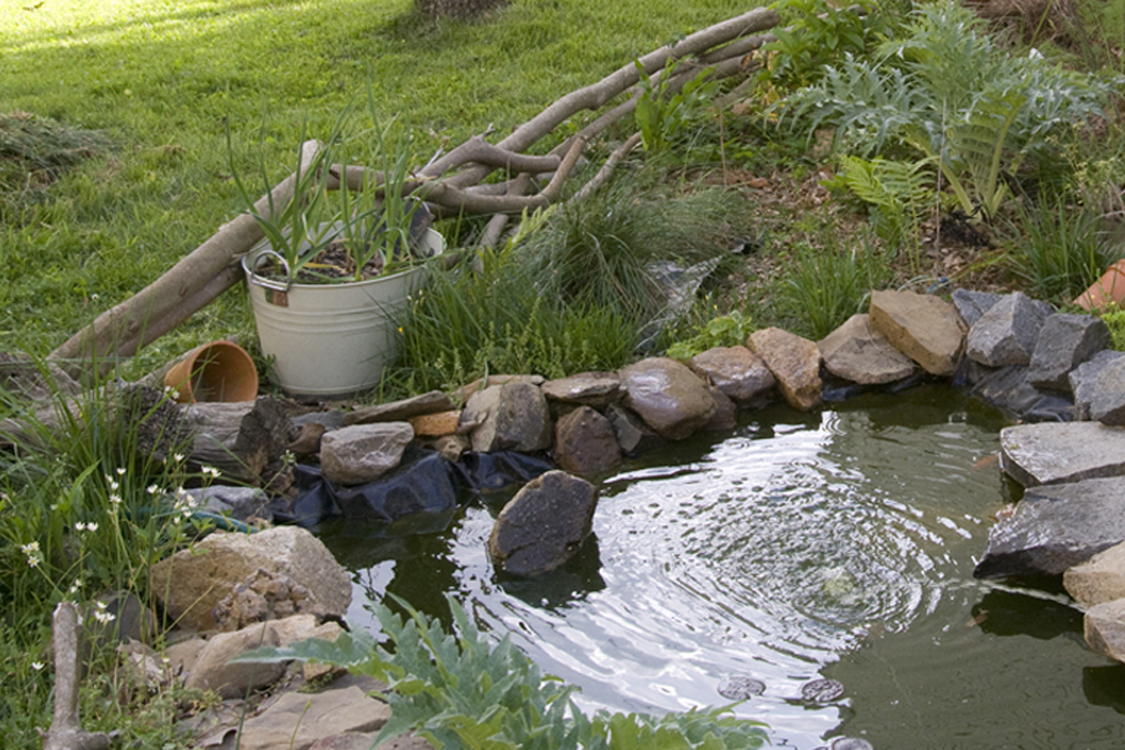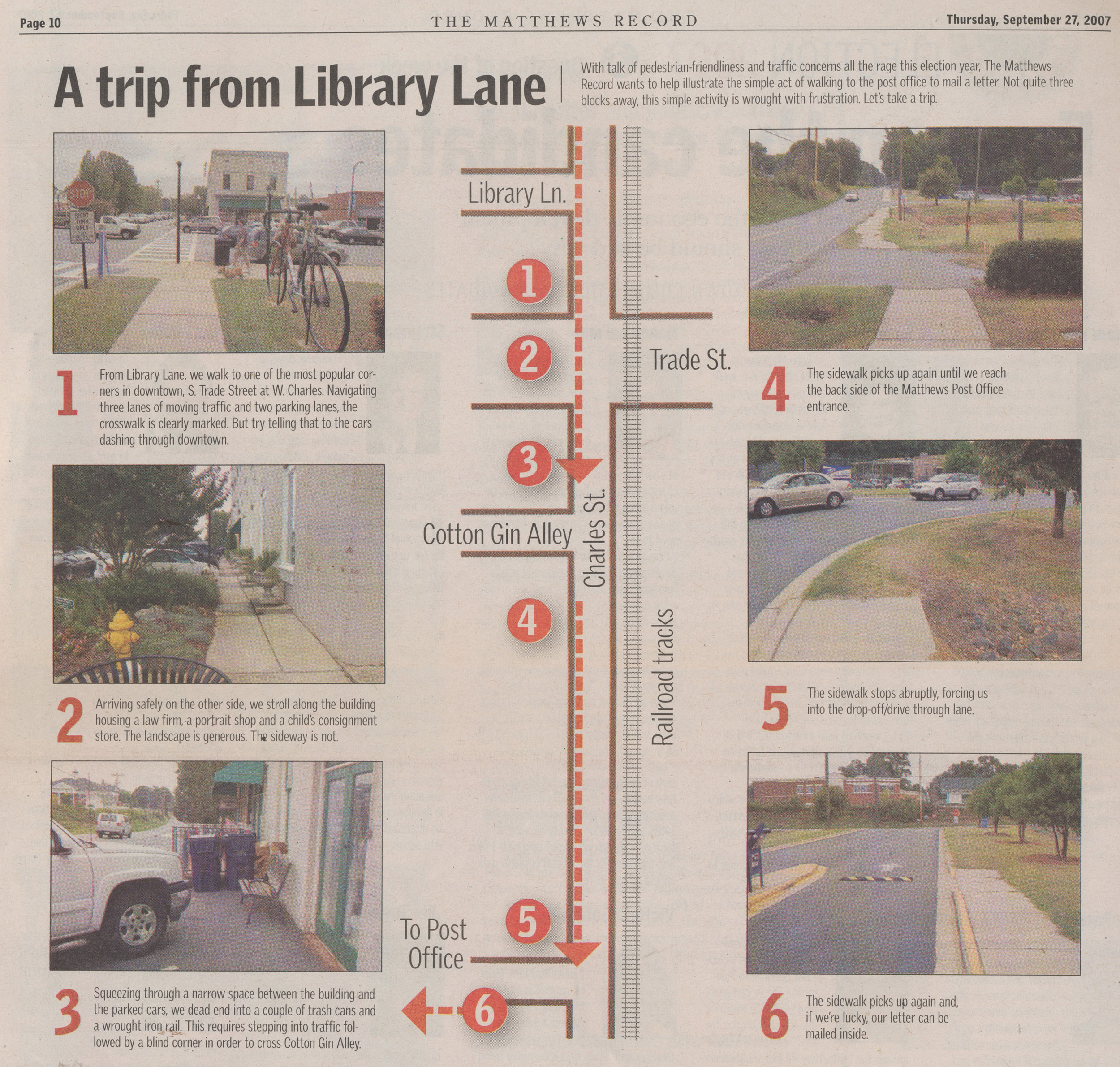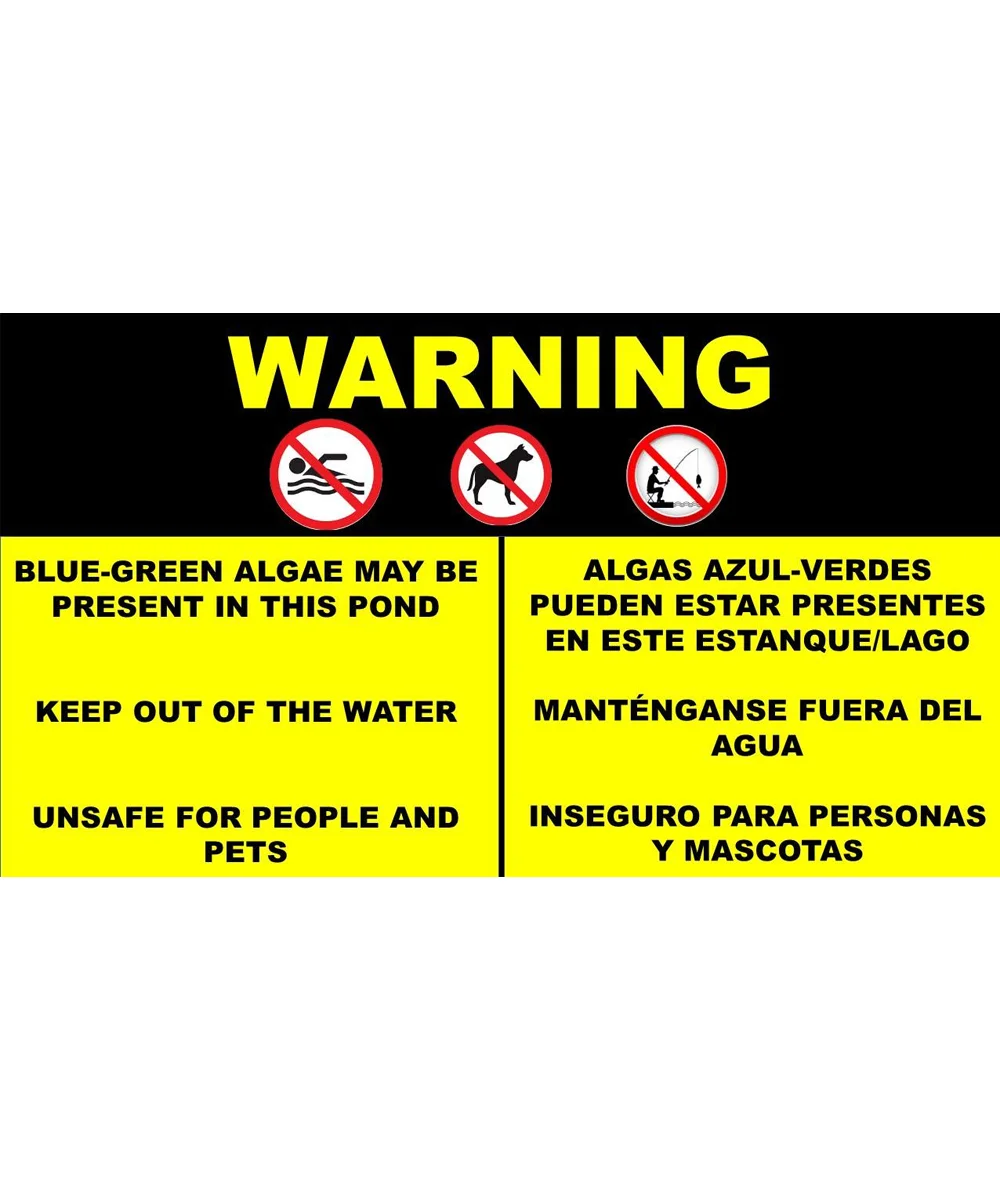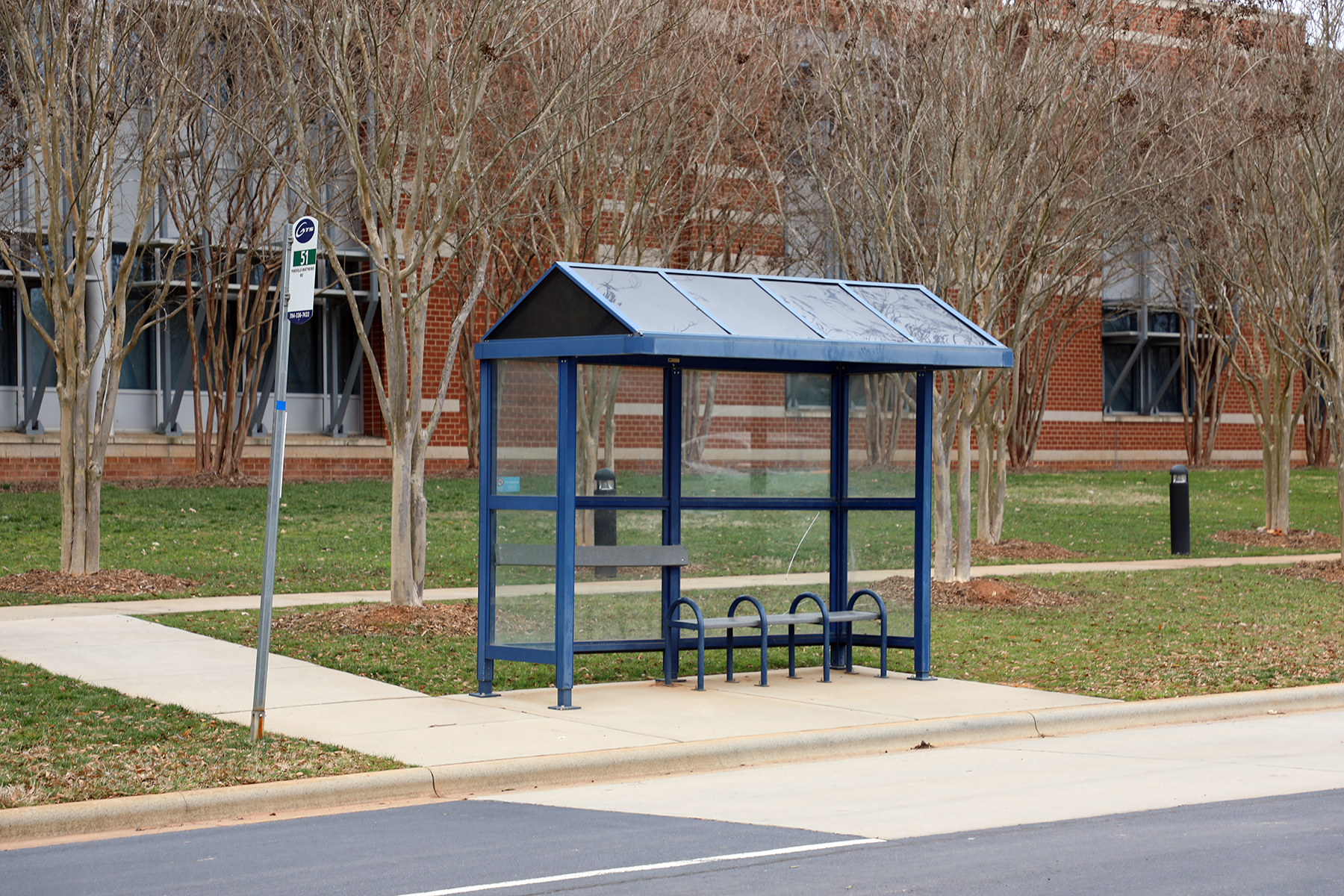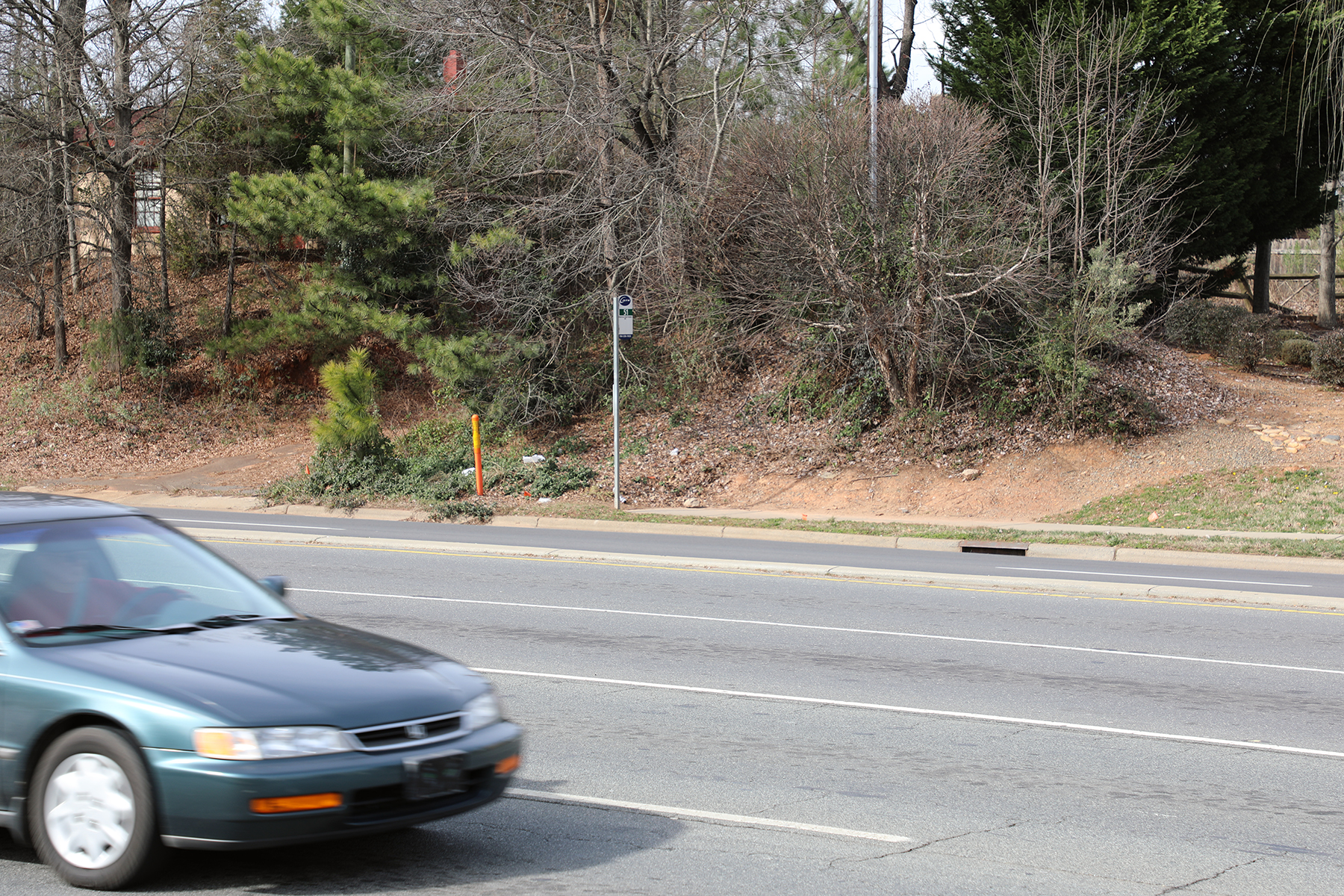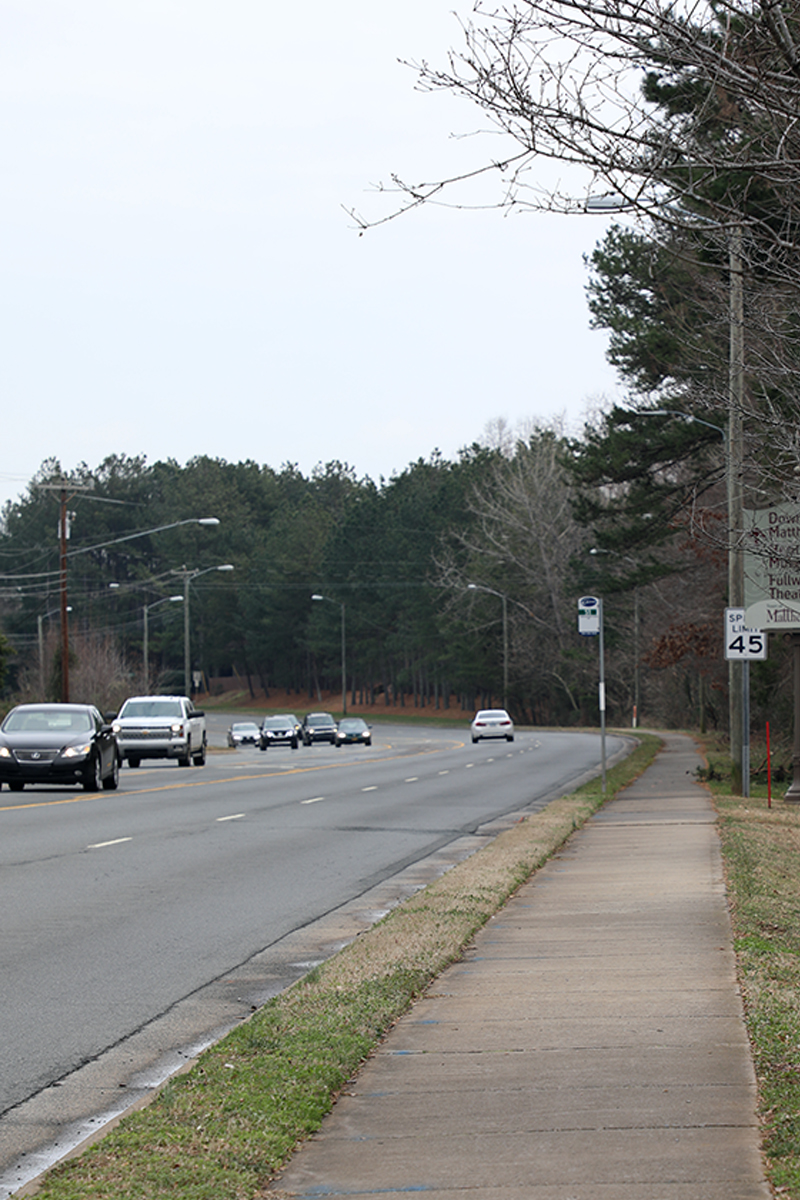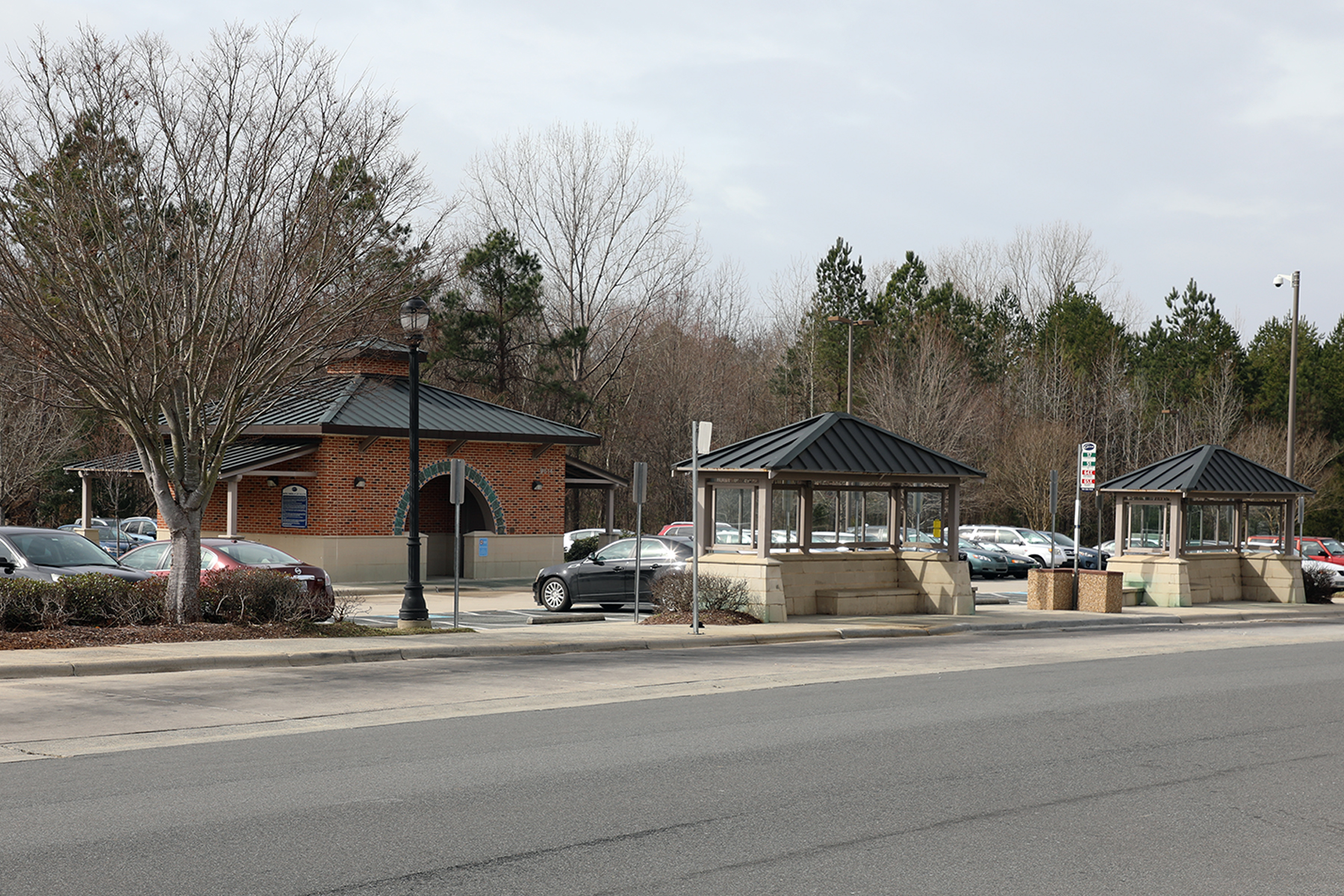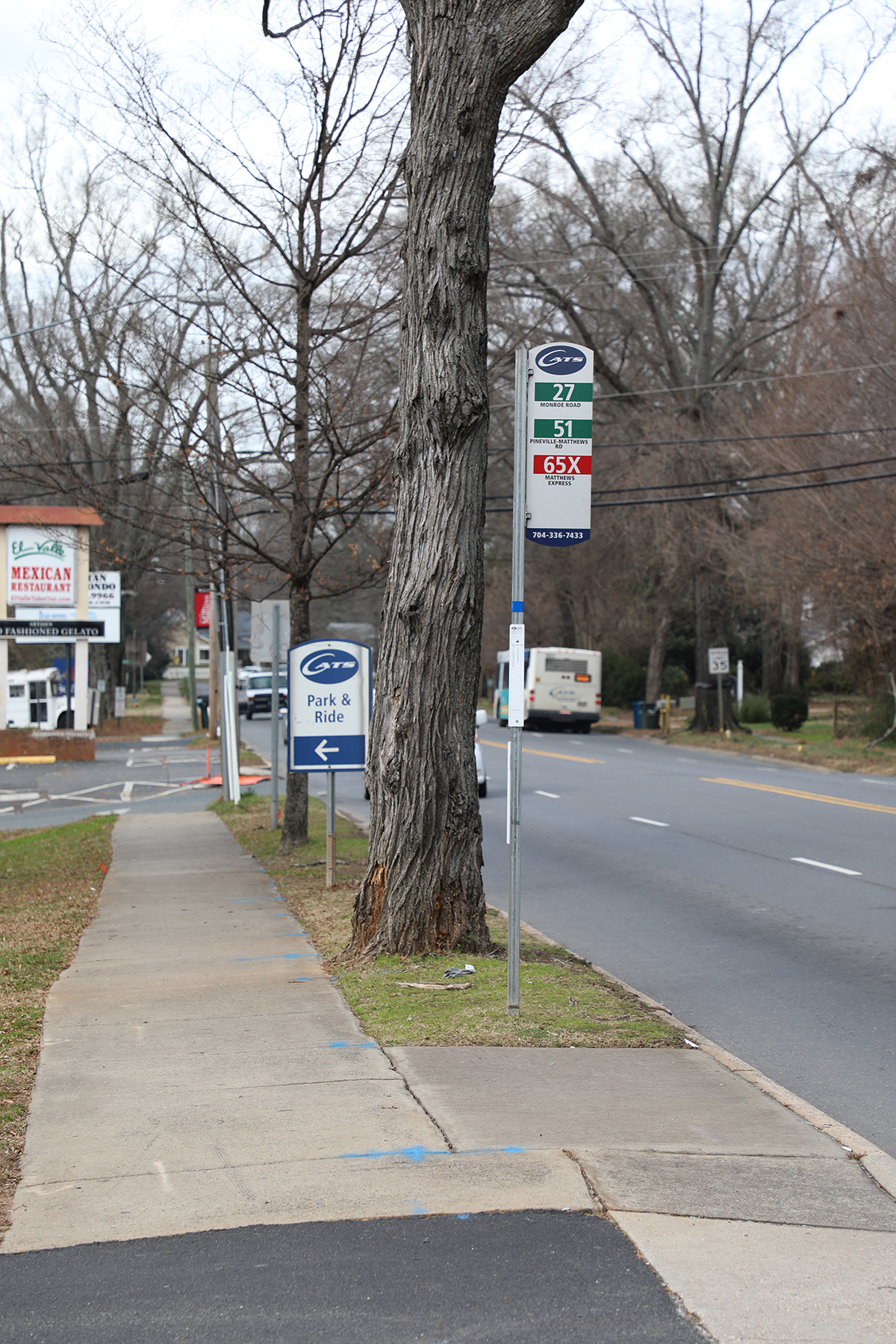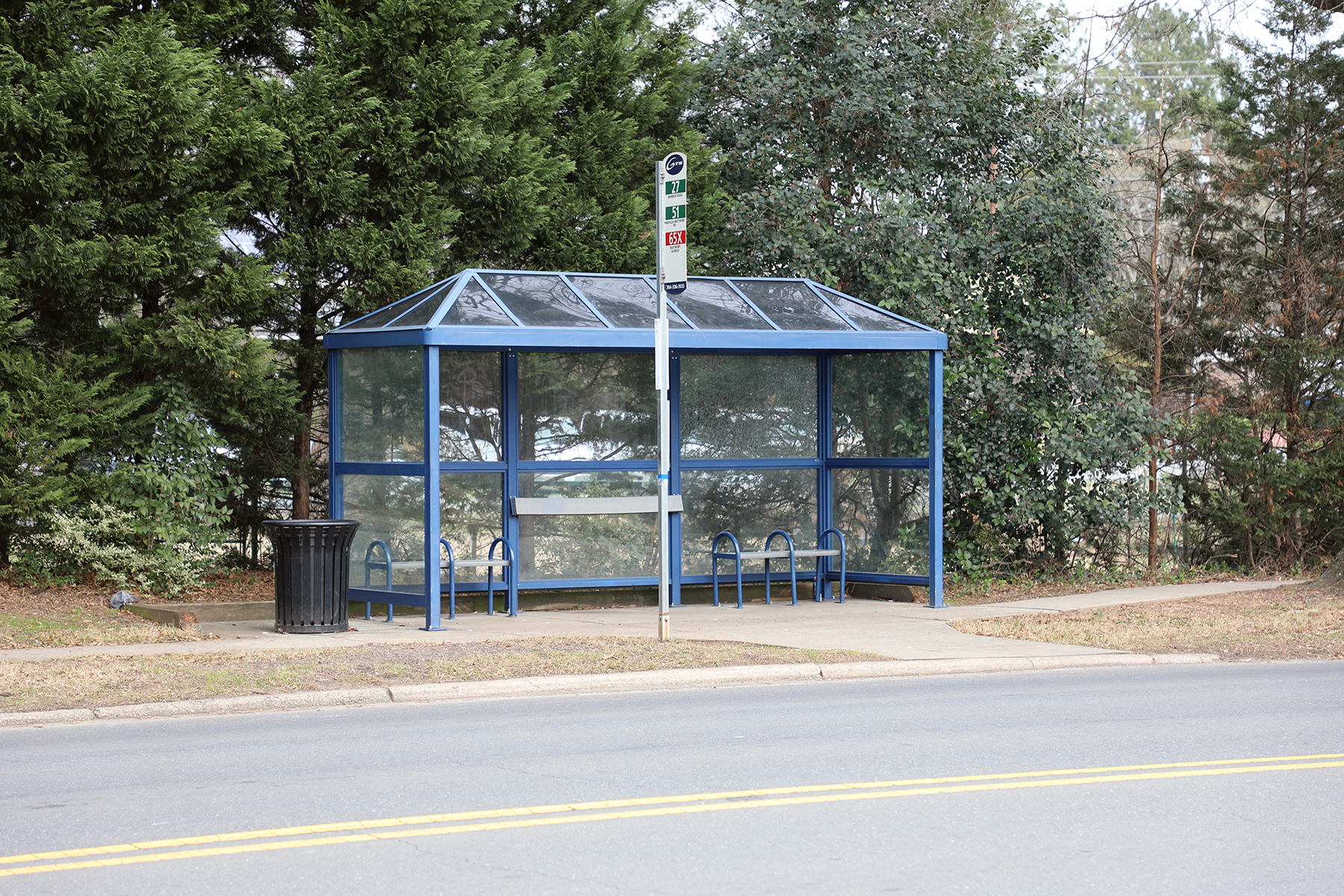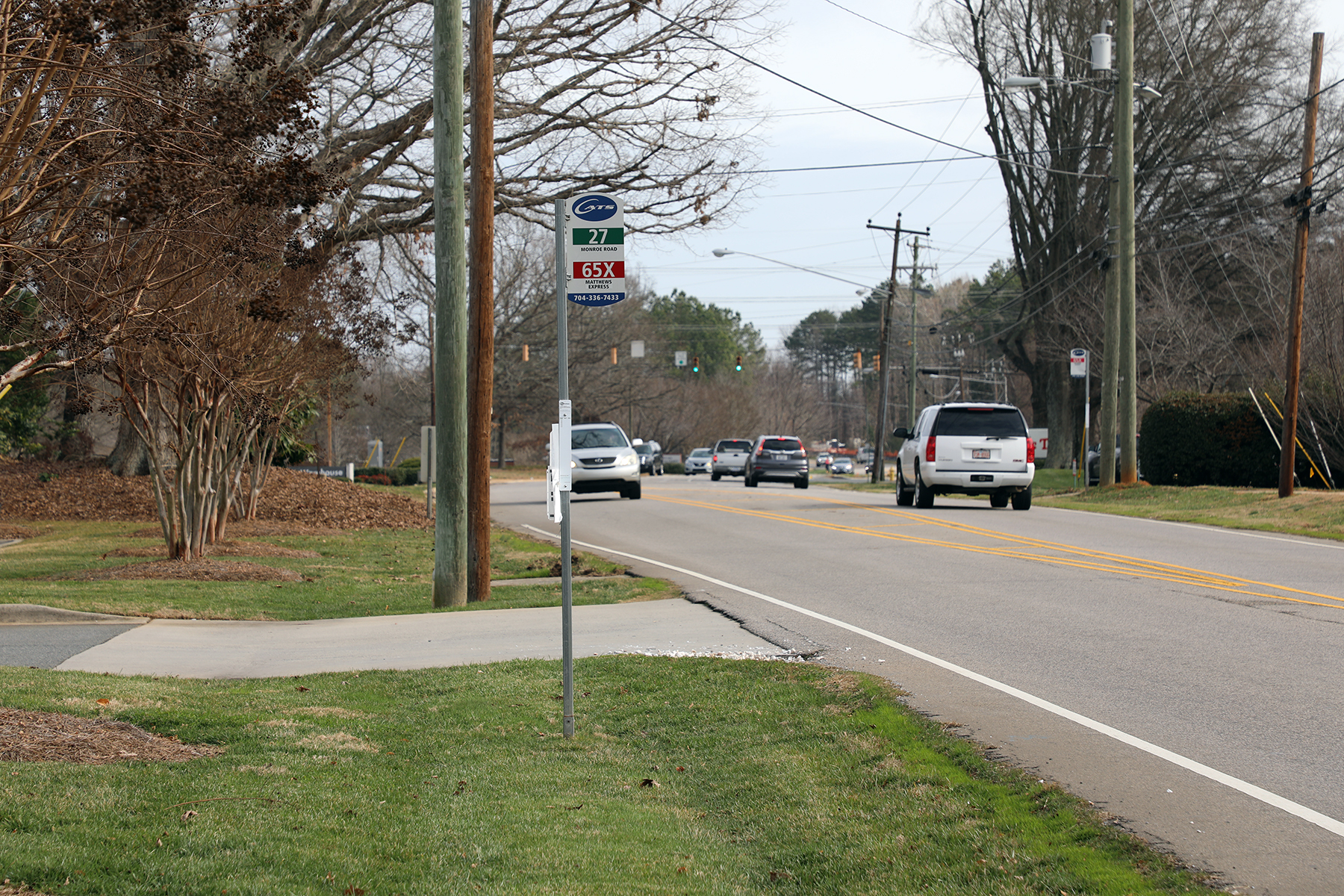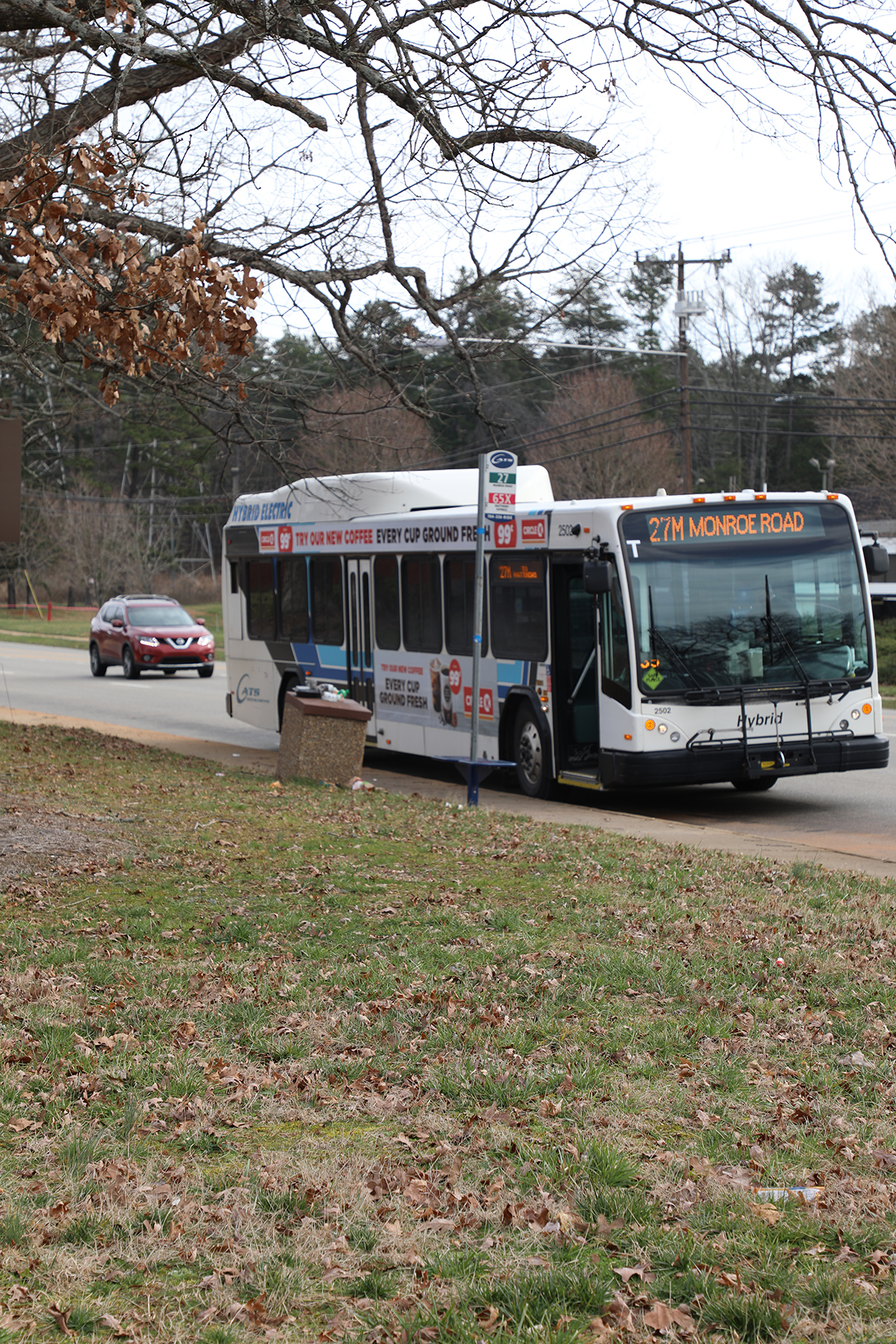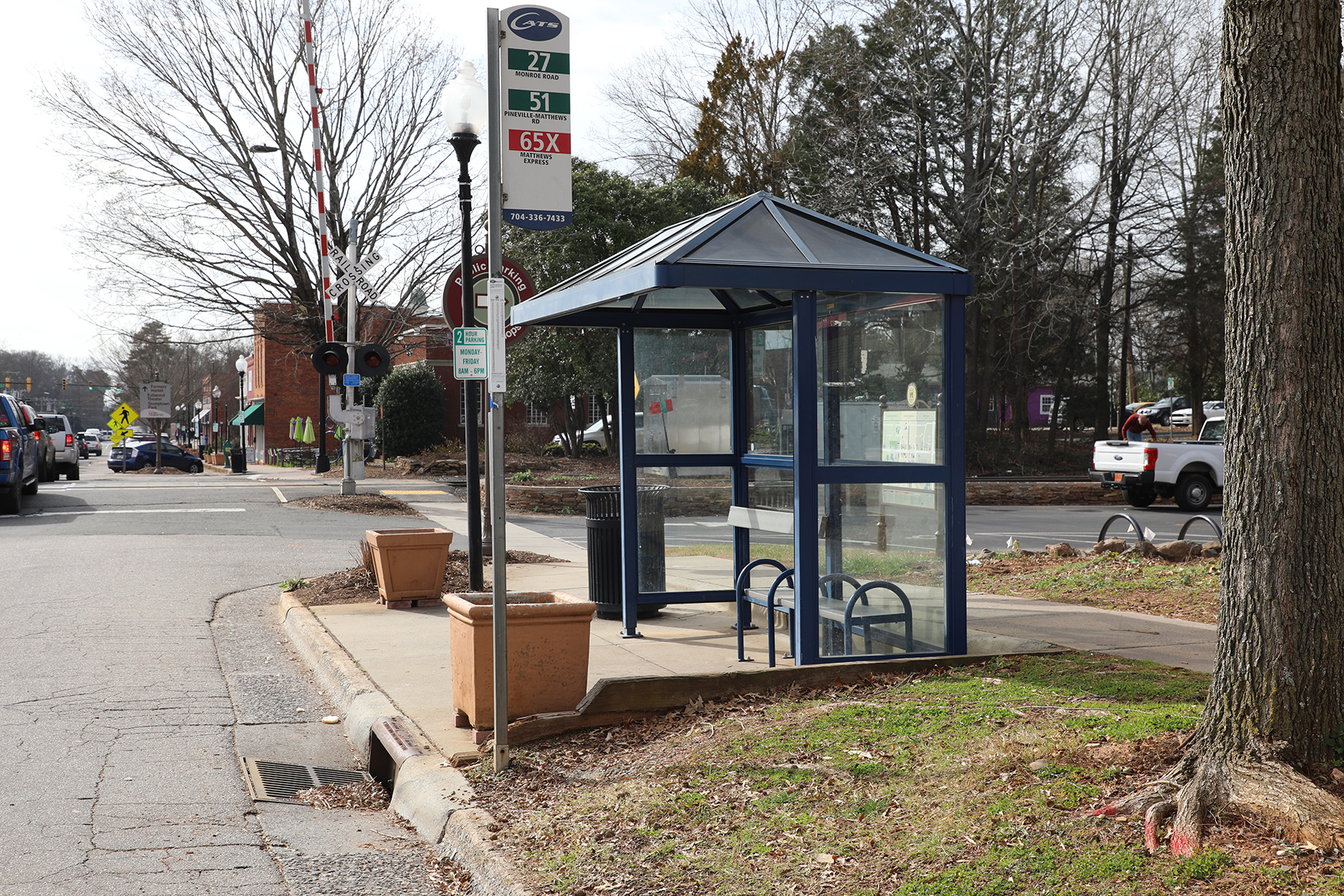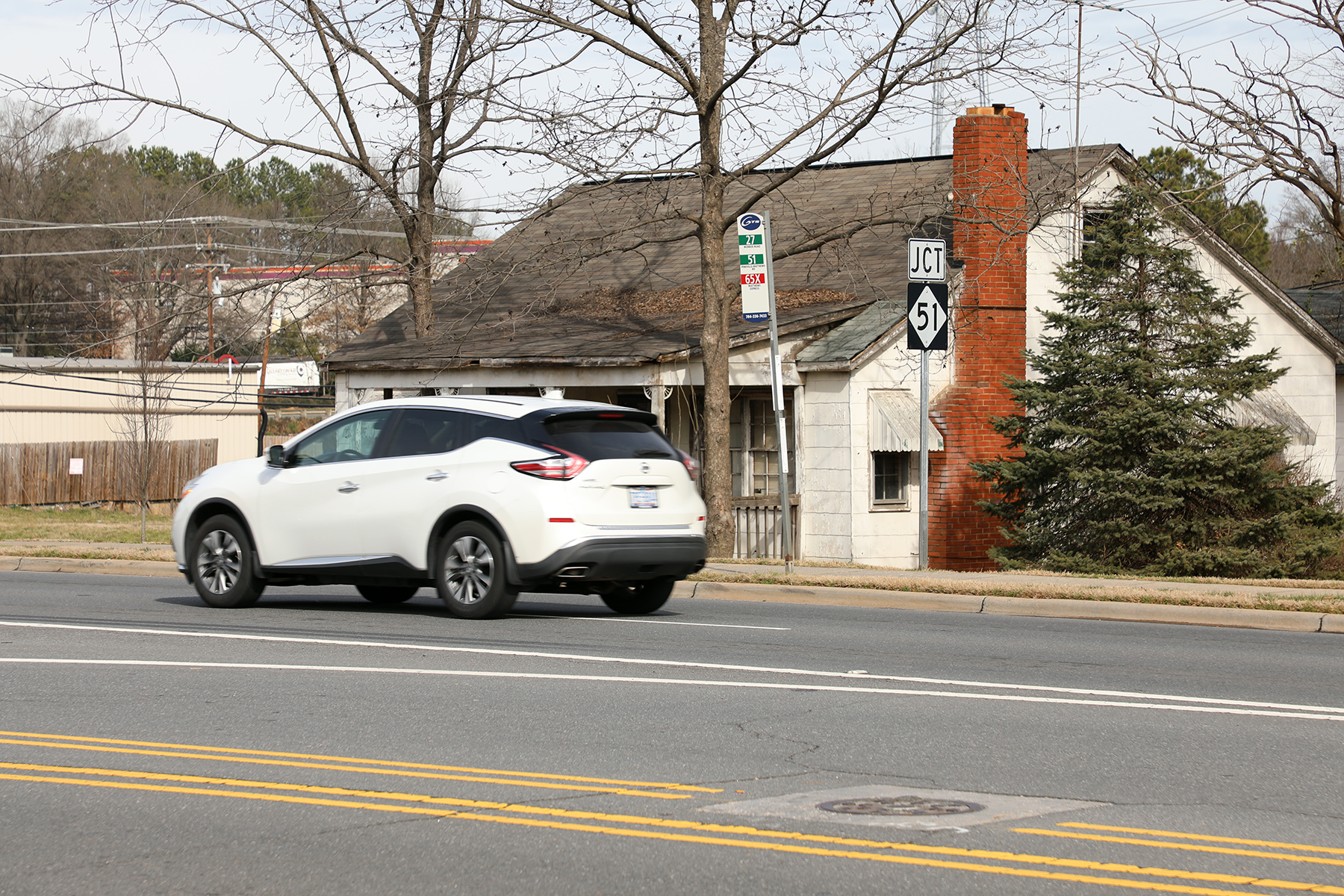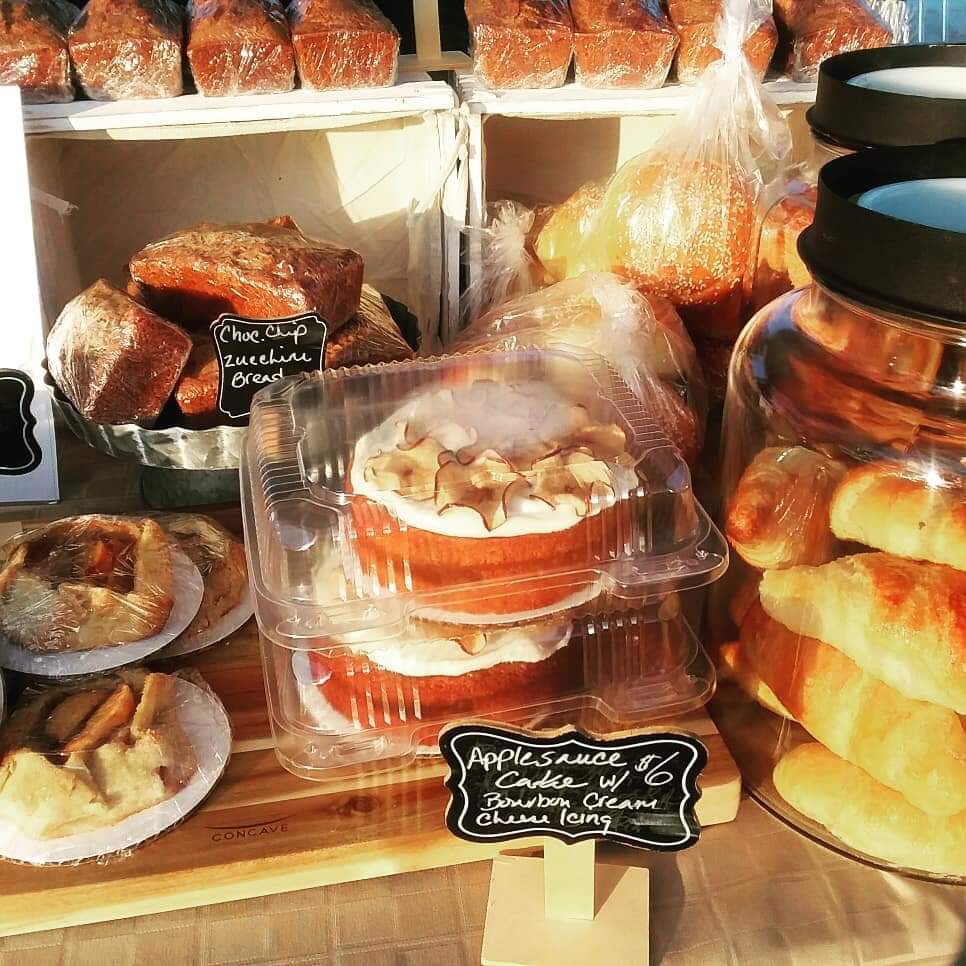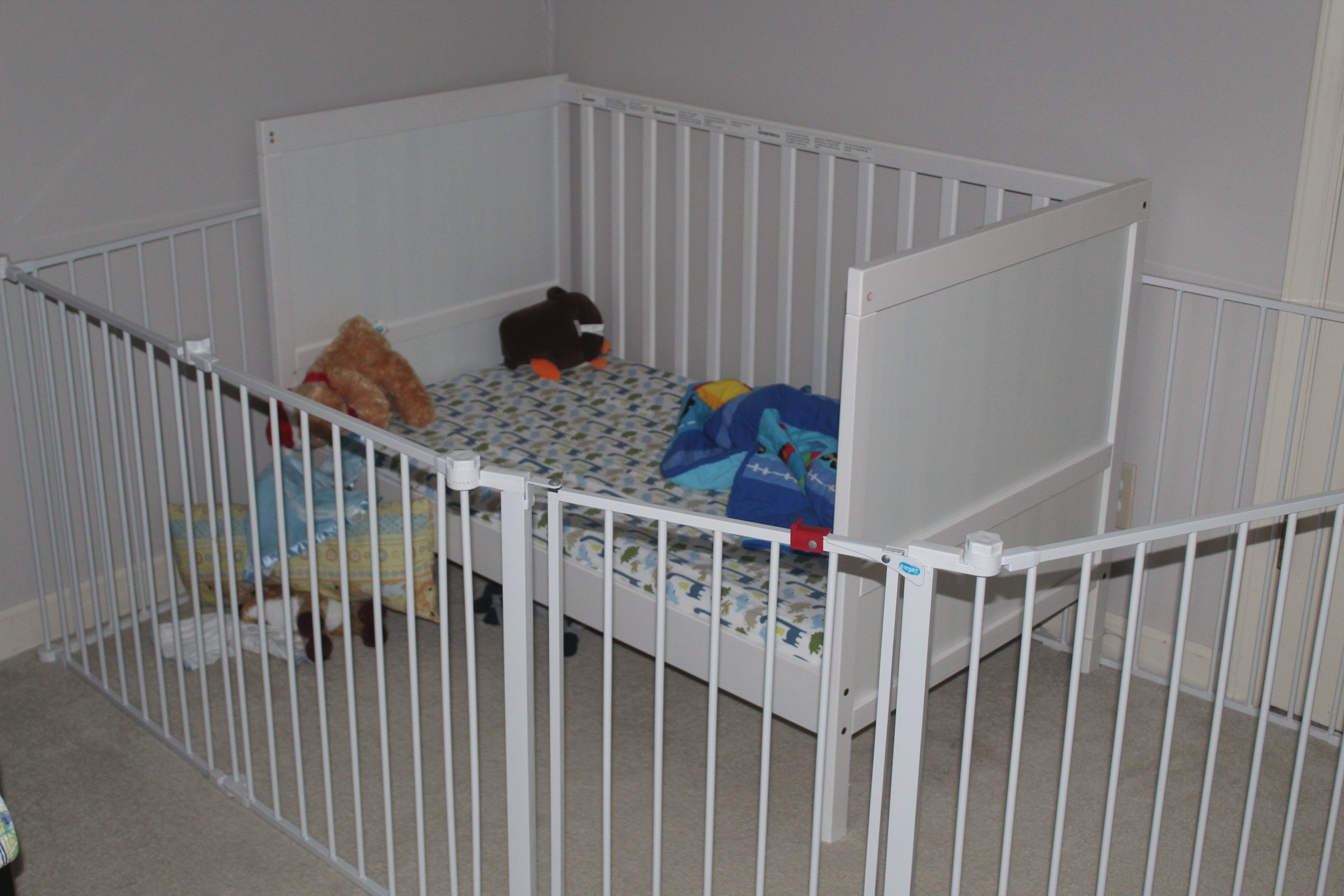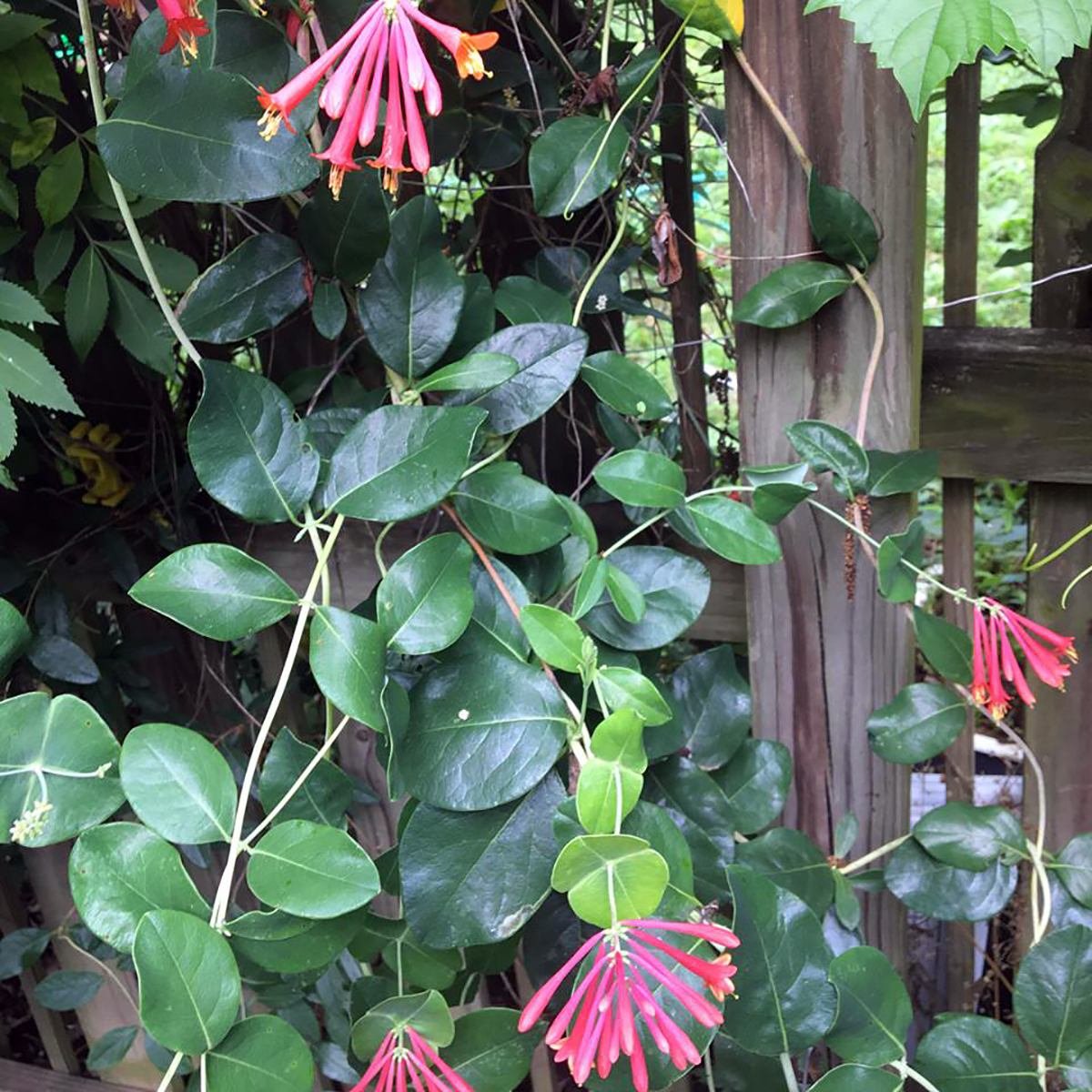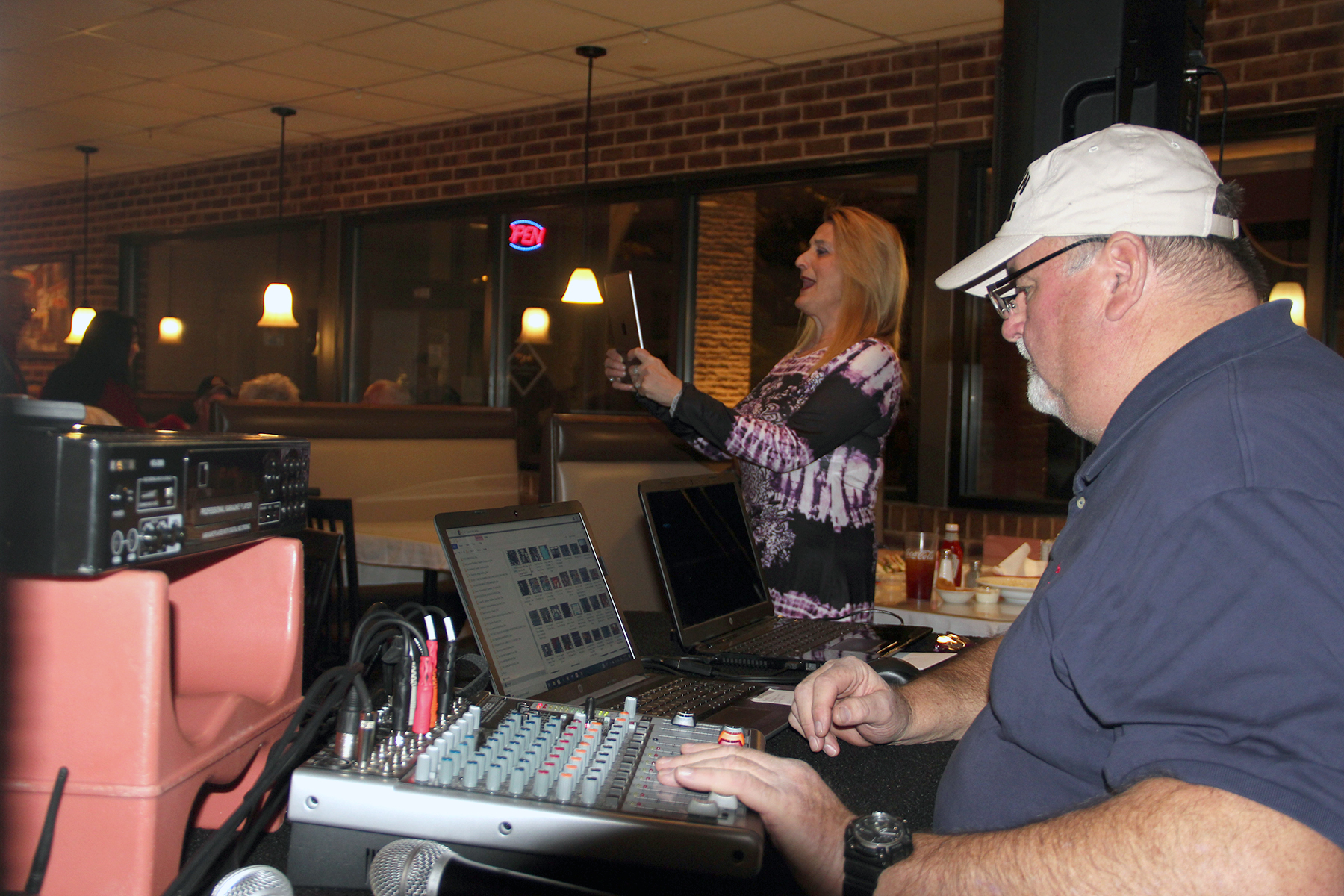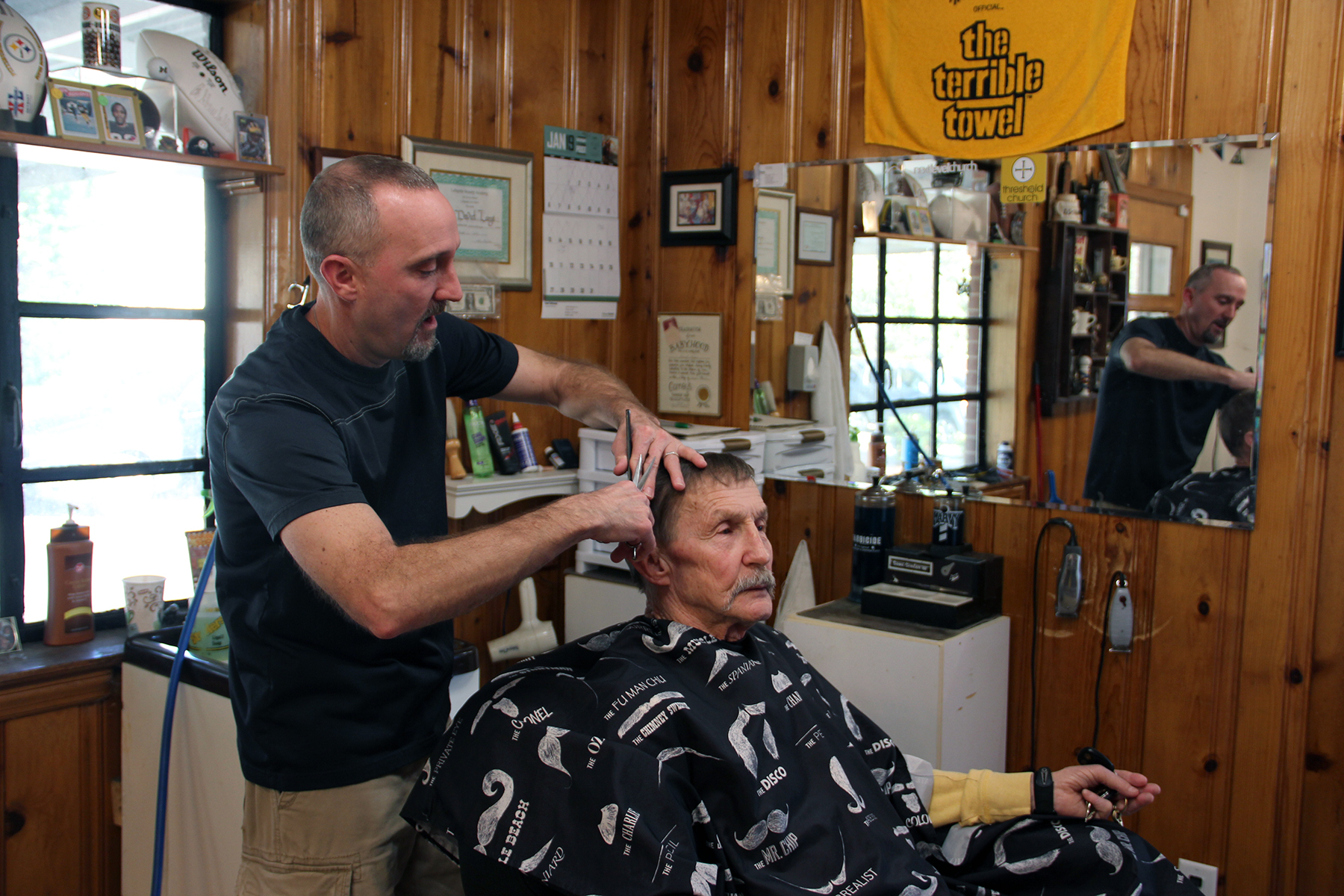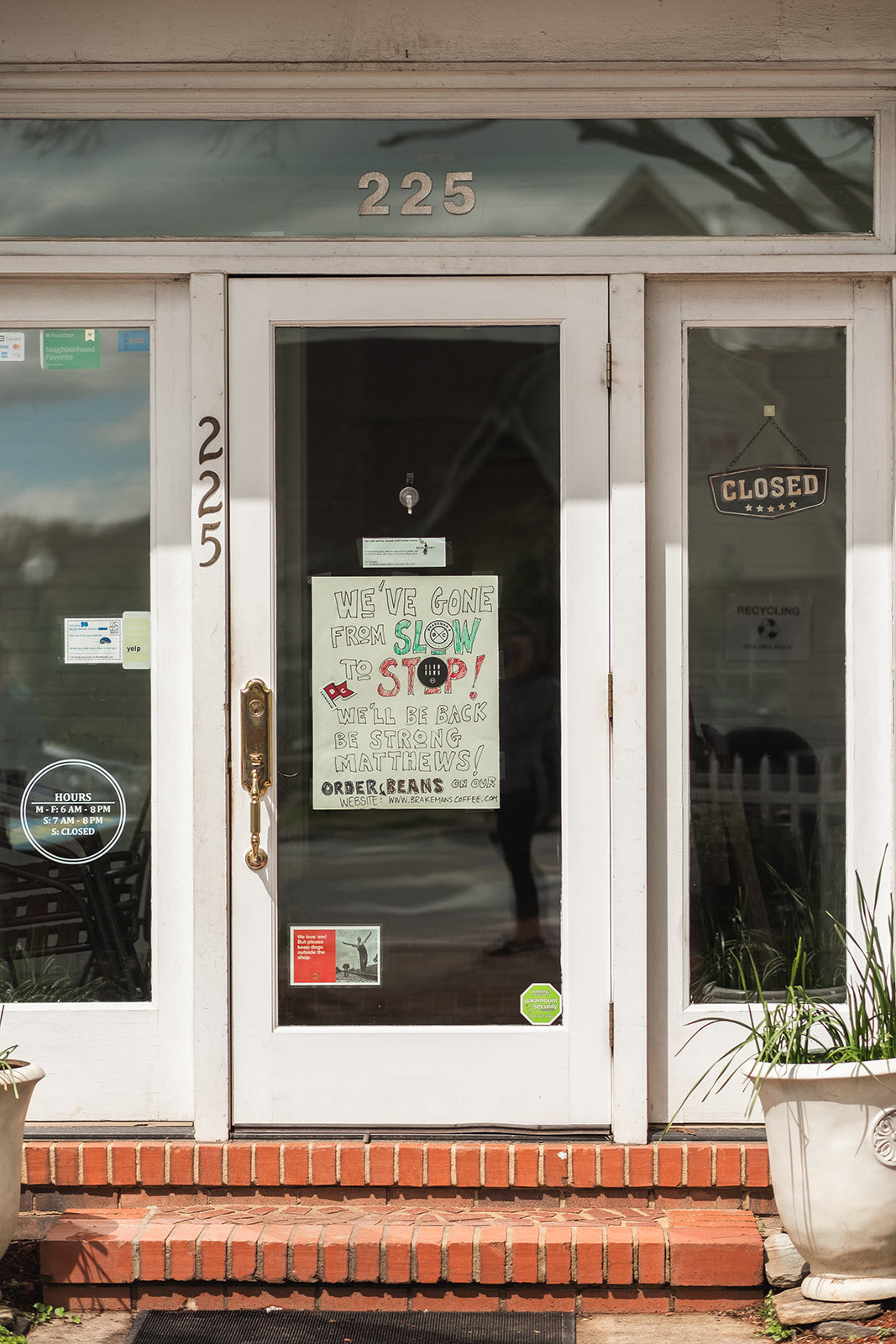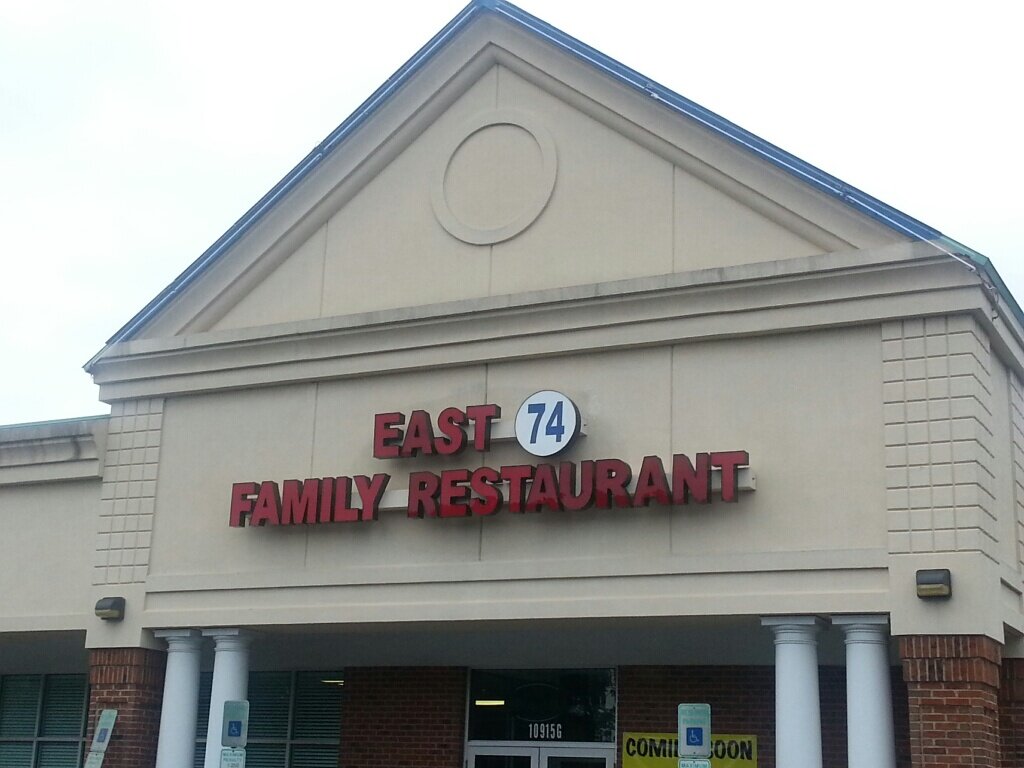When CMS passed its new anti-bullying policy, it became necessary for teachers to address the issue and receive staff training. Although many (especially older) staff members were initially resistant to this change in societal mores – referencing faith and other personal beliefs – the PHS administration was very supportive of the students and the GSA group.
Now, Sharon’s GSA group numbers 30 to 40 students who officially join each year, with 20 to 30 students who attend weekly meetings. Student officers present a variety of topics ranging from historical perspectives to how to be with relatives during the holidays. Occasionally, speakers from Charlotte’s Time Out Youth (the area’s largest LGBTQ+ nonprofit resource center) will also provide workshops. Students also participate in Day of Silence, a campaign to raise awareness about the shame and silencing issues surrounding the LGBTQ+ community.
Across town, Butler High School’s GSA was started about ten years ago with a handful of students requesting the opportunity to just meet and talk. Now, there are 30 to 50 kids in attendance, according to GSA Adviser Marcia Smith. The group meets twice a month – once for educational purposes and the other as a social gathering.
“I think we’ve made a lot of progress,” said PHS’s Sharon Walker. “We’re here as a resource and support – part education, part advocacy, and support.“
As a junior at Providence High School, Alex became the first publicly transgender student at PHS. He was also the first Matthews student to achieve the opportunity to change his name on the school roster without a corresponding name on his birth certificate. (He later became Vice President and Co-President of the GSA group at school.)
Today, Alex understands the importance of shared experiences but does not necessarily navigate toward trans-individuals and groups. “The experience we share is grief and upset, and that’s not a really good way to build relationships,” he said, continuing: “I don’t want to be that negative…we didn’t know how to support each other. We didn’t know how to handle our own feelings, let alone help [one another].”
“I’m grateful to have this experience of being trans and having a different perspective of the world than a lot of people have,” he said. “I spent a lot of my life feeling like I’m not one thing or another – [that] we are not ‘normal,’ ” said Alex.
“But, we have a unique experience, and that’s not something to be overlooked or made unimportant.”
In the past few years, Kelly has provided guidance and support to friends and acquaintances discovering their sexuality (many of whom acknowledge that they could not share this fact with their parents).
Derby has become the chair of her college sorority’s diversity and inclusivity arm. She also recently posted a coming-out Youtube (and Facebook) video titled, “Just a Southern Gay Sorority Christian Coming Out,” which now has more than 2,000 views.
“It is important to stay actively gay and open in the community – not to show that this is a passing phase,” said Derby. “I think that Matthews is being forced in a new direction,” she added, indicating that when she lived in town, she felt judgment from her church. “When Christians support the community, a whole lot changes. If there’s a change, I think the whole society will change.”
Kelly echoes Derby’s sentiments: “Society is progressing,” she said. “Matthews is, as well, especially being so close to Charlotte... I’m glad that we were able to pioneer in our high school and set the example. I know there are a lot of people who are more comfortable being out because of us. I appreciate that we could have done that for people.”
In the end, it is Sharon Walker’s perspective that best captures the current status of this movement and group: “A lot of the students in public schools are pioneers in what this is going to look like,” said Sharon. Whether it’s HB2 (bathroom policy) or something else, she said, “this has become a much bigger conversation, and it’s only going to continue to grow.”








